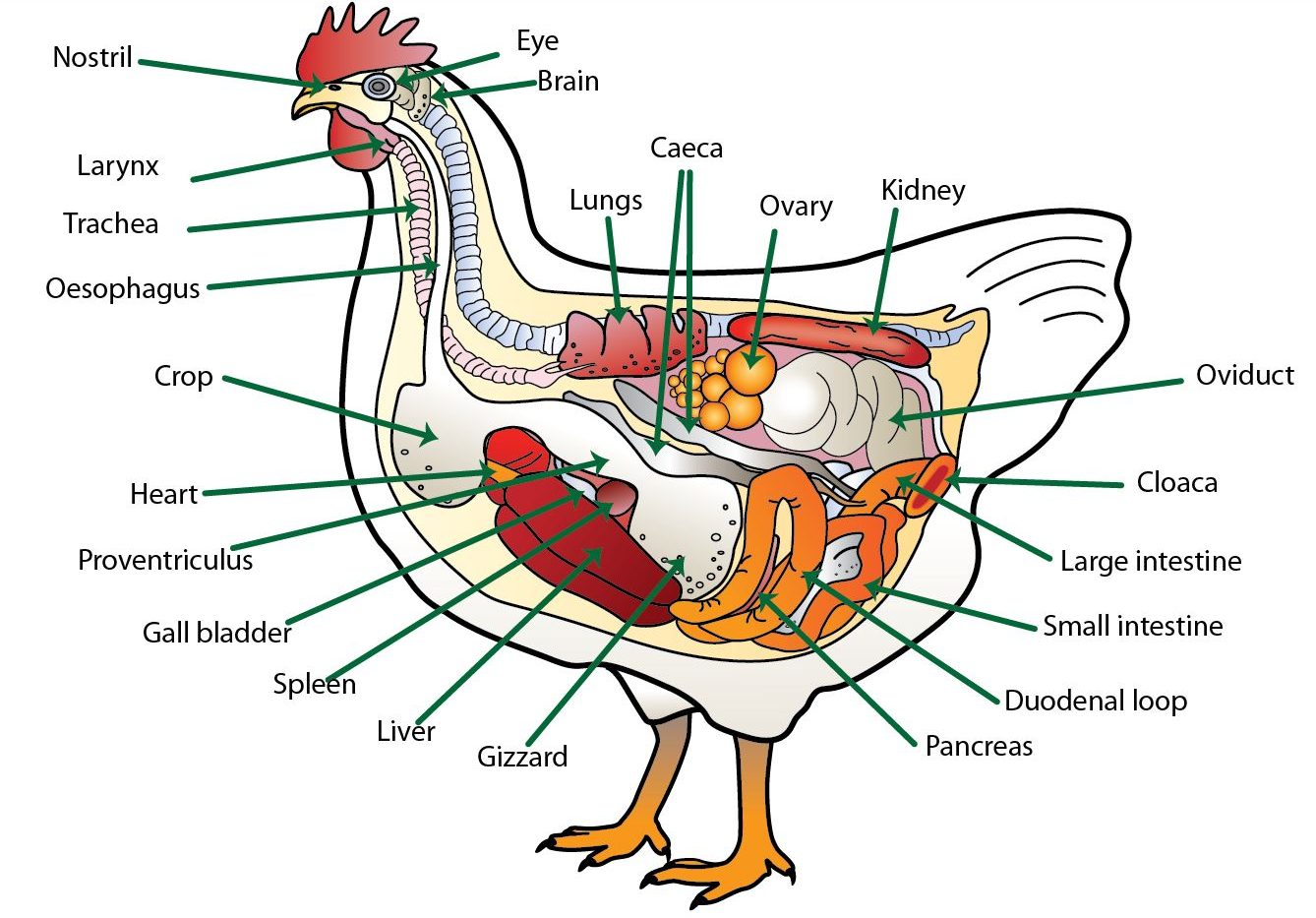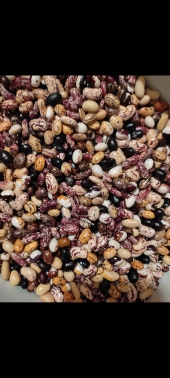
 7
7




 6
6




Invasive plants are Earth's way of insisting we notice her medicines. Stephen Herrod Buhner
Everyone learns what works by learning what doesn't work. Stephen Herrod Buhner

 6
6




- Tim's Homestead Journal - Purchase a copy of Building a Better World in Your Backyard - Purchase 6 Decks of Permaculture Cards -
- Purchase 12x Decks of Permaculture Cards - Purchase a copy of the SKIP Book - Purchase 12x copies of Building a Better World in your Backyard
 12
12




Timothy Norton wrote:I'm not exactly sure if my interpretation is correct but it may be more genetics than any other factors that might influence the birds health. The breed Golden Comets has some reports of being susceptible to neoplasia floating around the interwebs. Perhaps a different breed of chicken or at least different line of genetics might be something to consider?
Our Destination is Our Legacy
www.peacefulvalleyfold.com
 12
12




Visit Redhawk's soil series: https://permies.com/wiki/redhawk-soil
How permies.com works: https://permies.com/wiki/34193/permies-works-links-threads
 7
7




Anne Miller wrote:Sorry you are still having more deaths, is this due to the hepatitis?
Timothy Norton wrote:I'm not exactly sure if my interpretation is correct but it may be more genetics than any other factors that might influence the birds health. The breed Golden Comets has some reports of being susceptible to neoplasia floating around the interwebs. Perhaps a different breed of chicken or at least different line of genetics might be something to consider?
 8
8




Visit Redhawk's soil series: https://permies.com/wiki/redhawk-soil
How permies.com works: https://permies.com/wiki/34193/permies-works-links-threads
 2
2




Jay Angler wrote:It sounds like you've got several issues. I don't know your position, but in mine, I would build a whole new coop and run as far from the existing one as practical, and start new birds there.
I would decide whether to let the old birds die naturally, or continue where they are, based on my observations (I *don't* consider "natural death" to always be nicer than "helping them humanely" because chickens will hide pain to protect themselves. It's a fine line and based very much on the situation.) However, once the old coop/run was empty, I would clean it thoroughly and re-seed the run area and use it for non-chicken uses for as long as I could, aiming for a minimum of 3 years, preferably 5 years. I'm always looking for deer protected planting areas, so I'm sure I'd make it productive somehow.
After that period, having two areas to rotate birds through is something I always like to have. I don't consider it a "waste of space" but rather important back-up infrastructure in case of any sort of disaster, or just to let an area of soil "rest".
I hope your research on choices for new breeds goes well. I'm sure fellow permies will help by describing their experiences. I certainly have met many different breeds over the years, but that has just made me aware that different breeds do better or worse based on many factors including but not limited to, climate, infrastructure, likely predators, etc.
Short answer: I would avoid introducing any new birds to the same area with the old birds or even shortly after the old birds are gone. Chickens peck and dig, and many things live in the soil for long periods.
 3
3




 8
8




Emily Smith wrote:I've never done a necropsy on a bird, but I might.

Visit Redhawk's soil series: https://permies.com/wiki/redhawk-soil
How permies.com works: https://permies.com/wiki/34193/permies-works-links-threads












 5
5




- Tim's Homestead Journal - Purchase a copy of Building a Better World in Your Backyard - Purchase 6 Decks of Permaculture Cards -
- Purchase 12x Decks of Permaculture Cards - Purchase a copy of the SKIP Book - Purchase 12x copies of Building a Better World in your Backyard
 2
2




Timothy Norton wrote:I agree with Jay, it sounds like some sort of infection from the things you described.
Has anything changed dramatically sense November or have things been relatively OKAY until now? Any changes to your chicken keeping routine?












 5
5




'Emily Smith wrote:Fresh water daily. But it’s hose water. Maybe that’s bad? Maybe I should get a filter attachment?
- Tim's Homestead Journal - Purchase a copy of Building a Better World in Your Backyard - Purchase 6 Decks of Permaculture Cards -
- Purchase 12x Decks of Permaculture Cards - Purchase a copy of the SKIP Book - Purchase 12x copies of Building a Better World in your Backyard

|
Is this the real life? Is this just fantasy? Is this a tiny ad?
Established homestead property 4 sale east of Austin TX
https://permies.com/t/259023/Established-homestead-property-sale-east
|



